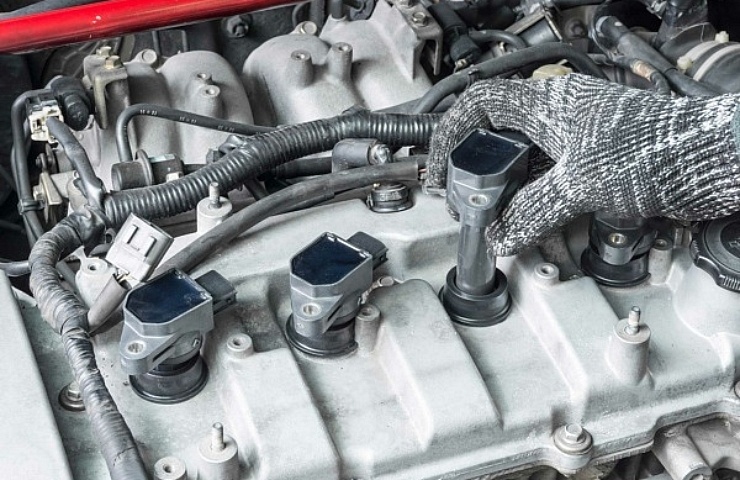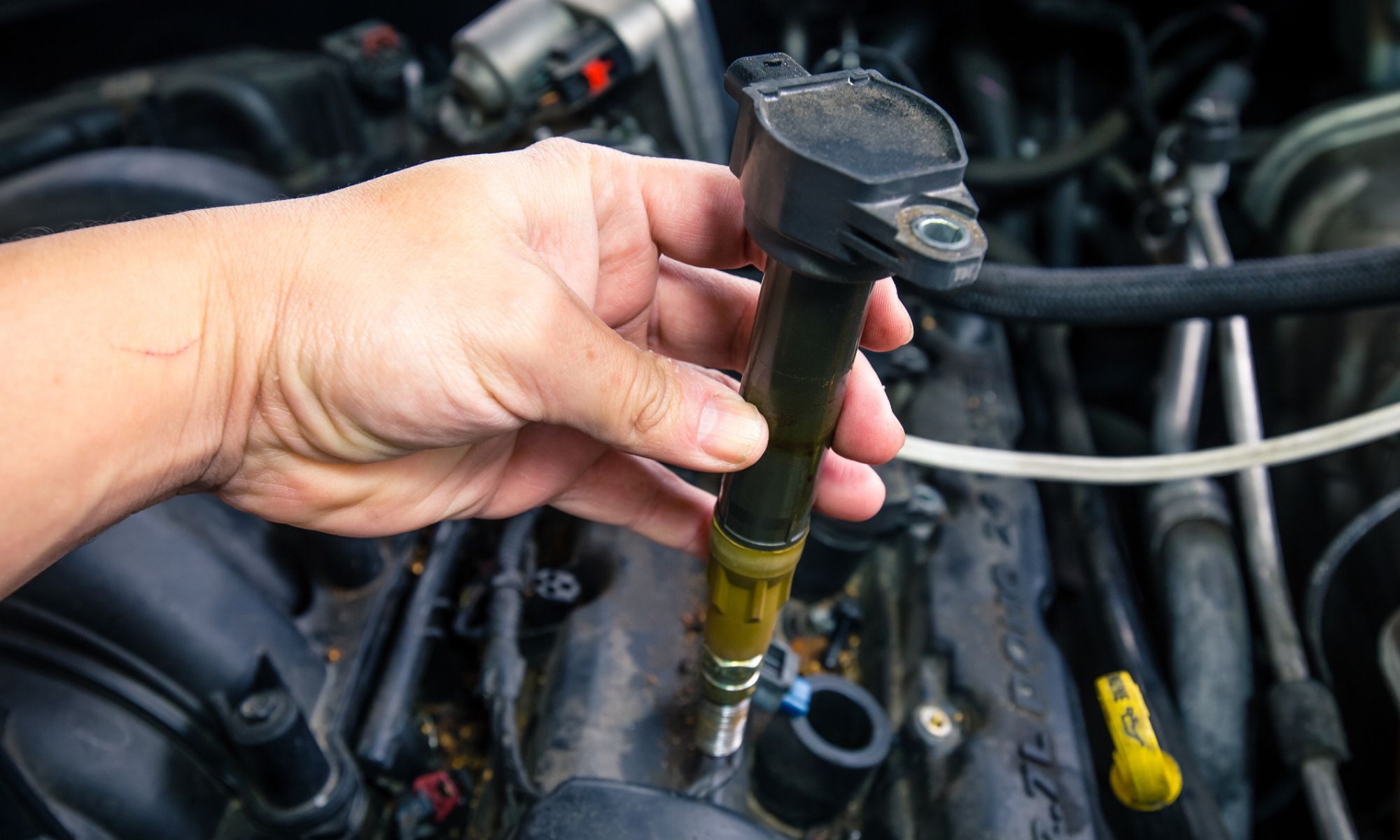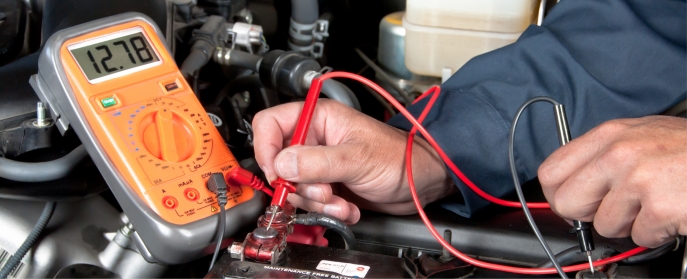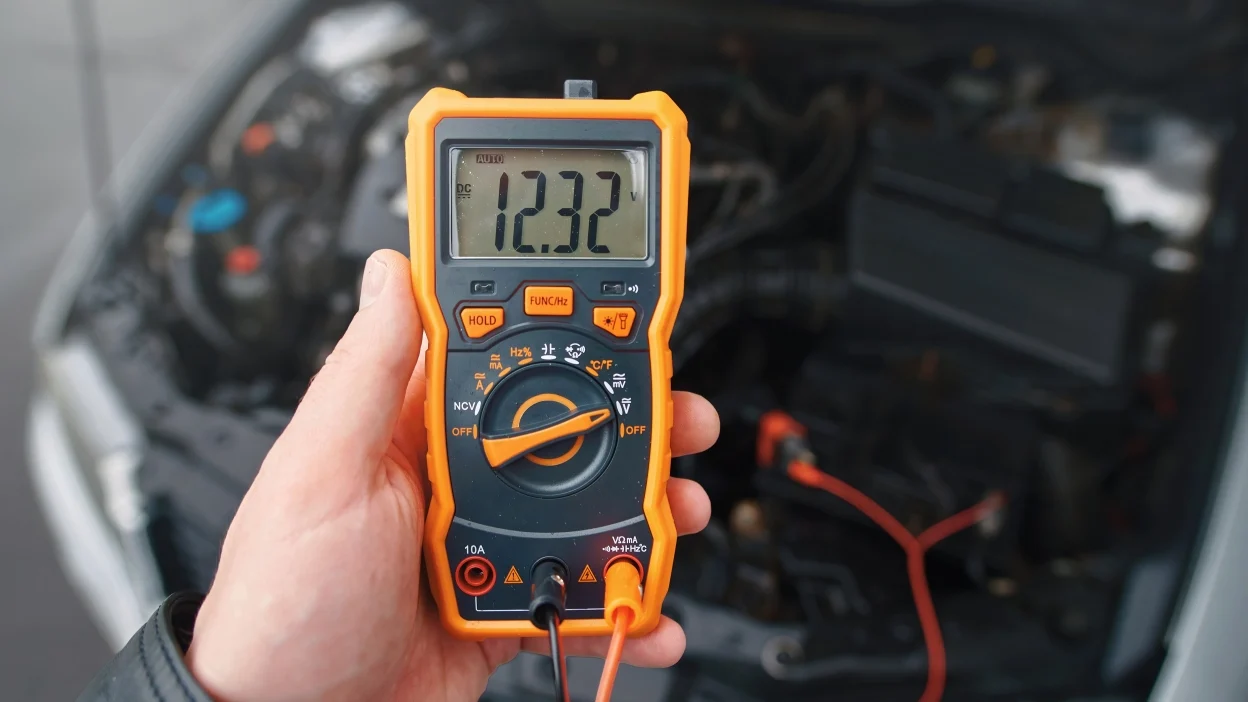Testing a car ignition coil is crucial for diagnosing ignition issues and ensuring your vehicle runs smoothly. In this guide, we’ll walk you through how to test a car ignition coil step-by-step. Ignition coil problems are common culprits behind engine misfires, starting troubles, and poor fuel efficiency, so learning how to test a car ignition coil can save you time and costly repairs.
Table of Contents
What is an Ignition Coil?
Before diving into how to test a car ignition coil, let’s understand its role. An ignition coil is part of your car’s ignition system, transforming the battery’s low voltage into the high voltage needed to spark the spark plugs. This ignition coil function is vital for the engine to start and run efficiently.
Symptoms of a Bad Ignition Coil
Recognizing symptoms of a faulty ignition coil is the first step before learning how to test a car ignition coil. Here are the most common signs:
- Engine Misfires – A misfiring engine can indicate a weak or damaged ignition coil.
- Starting Problems – If your car struggles to start, the ignition coil might be the issue.
- Poor Fuel Economy – A faulty ignition coil often results in increased fuel consumption.
- Loss of Power – You may notice poor acceleration or overall engine performance.
These symptoms are all indicators of a coil that might be in need of testing.
How to Test a Car Ignition Coil
Now, let’s get into the methods for how to test a car ignition coil. There are several ways, but we’ll focus on three reliable techniques: the spark plug test, the resistance test, and using an ignition coil tester.
1. Spark Plug Test
The spark plug test is a simple and effective way of learning how to test a car ignition coil.
- Turn Off the Engine – Safety first! Make sure the engine is off and cool.
- Disconnect the Spark Plug Wire – Remove the wire from the spark plug.
- Attach a Spark Tester – Connect a spark tester to the ignition coil.
- Turn the Engine – Have someone crank the engine while you observe the tester.
If there’s no spark, or it’s weak, the ignition coil may need replacing.
2. Resistance Test with a Multimeter
Using a multimeter is another accurate way to learn how to test a car ignition coil.
- Set Your Multimeter to Ohms – Set it to measure resistance.
- Disconnect the Coil – Detach the ignition coil from the ignition system.
- Test the Primary Coil – Place the multimeter’s leads on the primary terminals. The reading should match the manufacturer’s specifications, usually between 0.4 and 2 ohms.
- Test the Secondary Coil – Switch to the secondary terminals. The reading should be around 6,000-12,000 ohms, but always check your car’s manual.
If the readings are outside the range, this indicates a bad ignition coil.
3. Using an Ignition Coil Tester
For those wondering how to test a car ignition coil with minimal tools, an ignition coil tester is a good choice.
- Attach the Tester – Connect the tester to your ignition coil.
- Turn on the Tester – This device will simulate the engine’s conditions and show if the coil is working correctly.
- Observe the Readings – A good coil will produce consistent, strong signals.

Why Knowing How to Test a Car Ignition Coil is Important
Knowing how to test a car ignition coil helps you avoid unexpected breakdowns and costly repairs. With the right tools and techniques, diagnosing and resolving ignition issues becomes straightforward, allowing you to enjoy a smoother, more reliable driving experience.
How Often Should You Test Your Ignition Coil?
Regular maintenance can help you avoid ignition coil failures. Most car owners should test their ignition coils every 30,000 miles or during routine tune-ups.
Conclusion
Understanding how to test a car ignition coil is a valuable skill that can save you time and repair costs. Whether using a spark plug test, a resistance test, or an ignition coil tester, these methods can help ensure your car’s ignition coil is functioning correctly. If your car shows any of the symptoms mentioned, follow these steps for how to test a car ignition coil and address potential problems before they escalate.
Related Post:
Routine checks, like monitoring your car’s battery, are essential for safe vehicle operation. See our post on How to Tell if Your Car Battery Needs Replacing for detailed guidance.





Leave a Reply